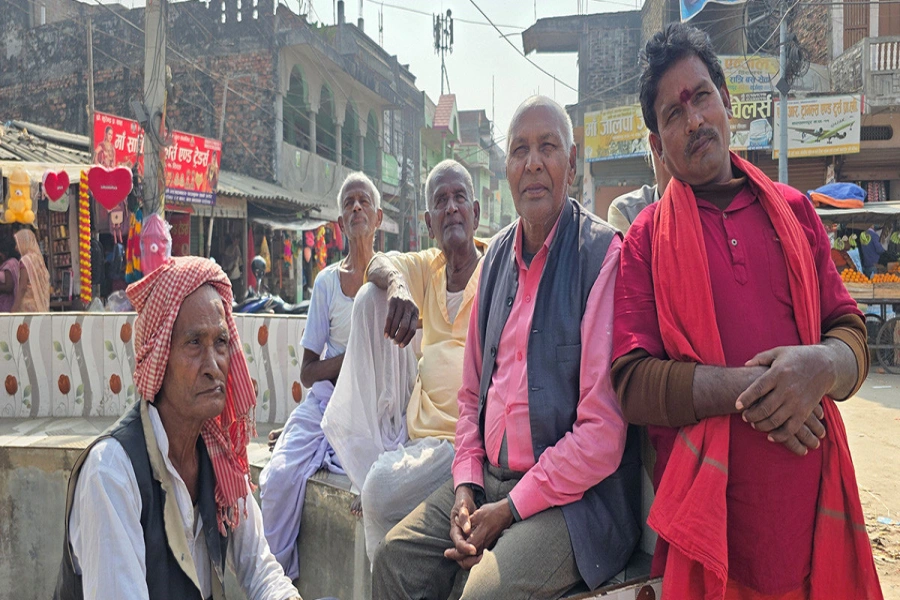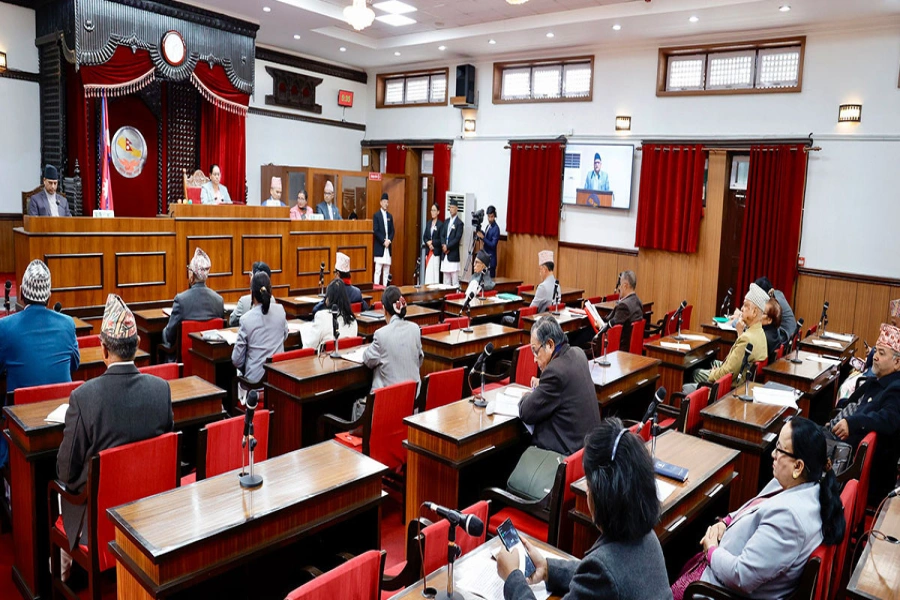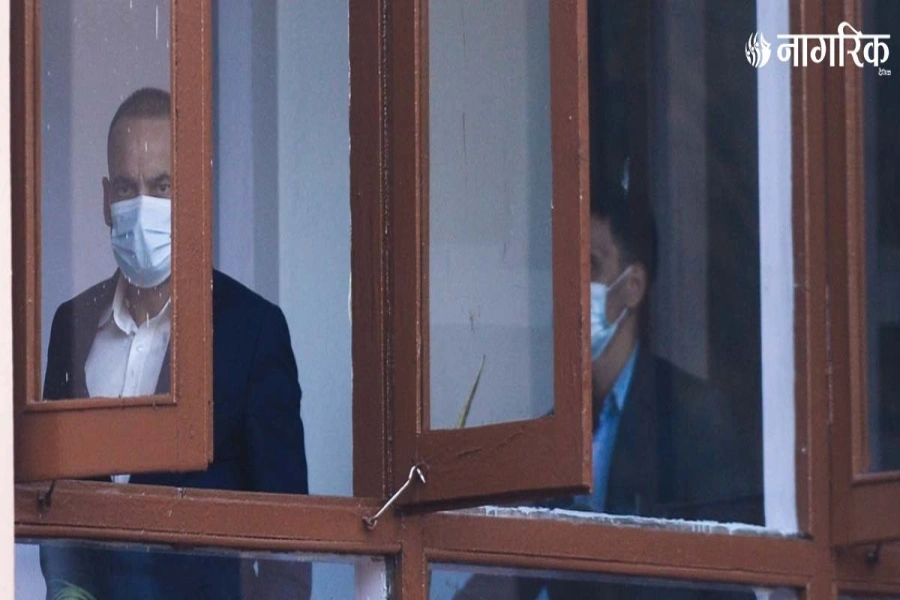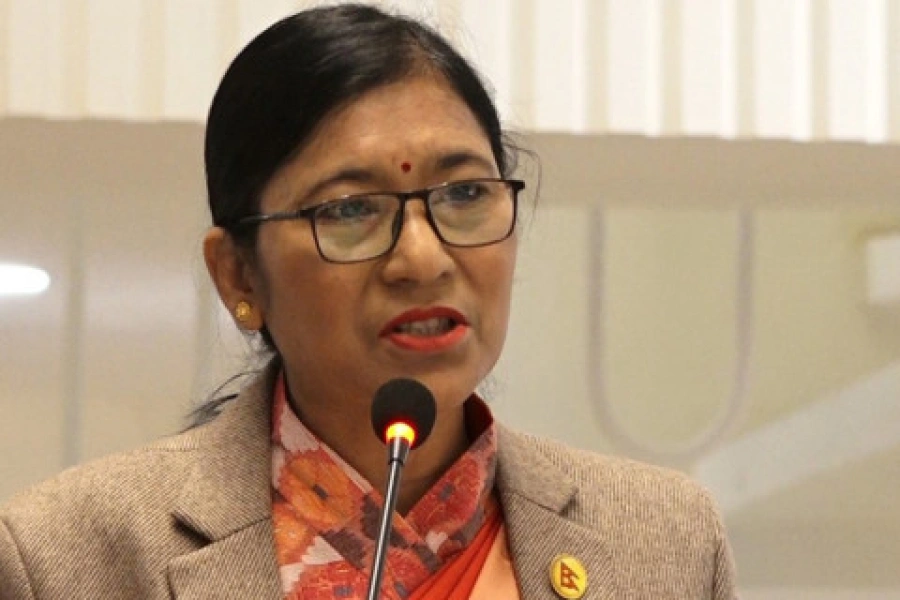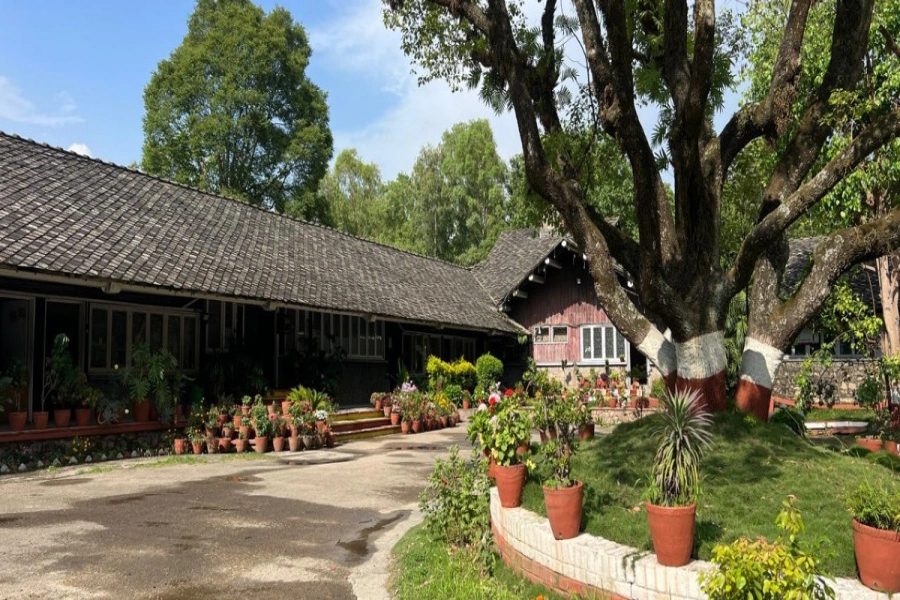Only two constitutional bodies -- PSC and Office of the Auditor General-- are functioning full fledgedly
KATHMANDU, Dec 15: As many as 45 positions are vacant at various constitutional bodies as the PM-chaired Constitutional Council (CC), the body responsible for recommending the names of the members of those bodies, has failed to meet even once over the past 13 months.
Article 284 of the Constitution of Nepal has a provision of a six-member CC chaired by the Prime Minister. Other members of the council are Chief Justice, Speaker of the House of Representatives (HoR), Chairman of the National Assembly (NA), Leader of the main opposition party and Deputy Speaker of the HoR.
Though these are the independent constitutional entities, most of them remain vacant as the leaders of the major political parties including the ruling Nepal Communist Party (NCP) and the main opposition Nepali Congress are indulged in their own petty political games. A meeting of the CC has not taken place for the last 13 months.
Most of the 45 positions lying vacant are at those constitutional bodies which were added in 2015 in the present constitution of Nepal. A total of eight organs – National Natural Resources and Fiscal Commission, National Dalit Commission, National Inclusion Commission, National Indigenous Nationalities Commission, Madhesi Commission, Tharu Commission, National Women Commission and Muslim Commission--- were added as the constitutional bodies to the existing five.
Of the 13 constitutional bodies, only two – Public Service Commission (PSC) and the Office of the Auditor General--- are in their full shape.
The National Human Rights Commission (NHRC), which is responsible for protecting and promoting human rights and ensuring effective enforcement thereof, is completely vacant while the Commission for the Investigation of Abuse of Authority (CIAA), the constitutional watchdog against corruption in the country, has yet to get two members.
Oli, Deuba agree to fill vacant positions in constitutional bod...

Similarly, the National Natural Resources and Fiscal Commission (NNFRC), which has been made a part of the constitution primarily to implement fiscal federalism and determine detailed basis and modality for the distribution of revenues between the federal, provincial and local governments out of the federal consolidated fund is functioning only with the Chairman, Balananda Poudel while four other members are yet to be appointed. Similarly, the Election Commission has three vacant seats.
Of the newly-added constitutional organs, the Indigenous Nationalities Commission and National Dalit Commission are yet to be formed. Four seats each are vacant at the National Inclusion Commission, National Madhesi Commission, Muslim Commission and Tharu Commission.
According to the Constitution of Nepal, one should have gained expertise for at least twenty years in the related field [depends upon the nature of the commission] besides holding a bachelor’s degree in the relevant subject [except for the Public Service Commission (PSC) which requires a post-graduate degree] from a recognized university. Similarly, one who has attained the age of 45 years should not belong to any political party at the time of appointment. High moral integrity is another foremost qualification required to be appointed as the member of a constitutional organ.
The government on Tuesday introduced an ordinance to amend the existing Constitutional Council (Functions, Duties, Powers and Procedures) Act. With the new ordinance in place, the CC meeting can convene and make decisions even if there are only three members present.
The previous rules required at least five members to be present in the meeting to take any decision. Currently, only the post of deputy speaker is vacant in the six-member CC as parties have failed to elect a new deputy speaker.
The government's decision to introduce the new ordinance comes after the CC meeting was postponed twice — on Sunday and Tuesday (today) — as the Speaker of the House of Representatives Agni Prasad Sapkota skipped the meeting. The speaker's absence resulted in the lack of quorum in the CC meeting.
As Speaker Sapkota decided not to attend the CC meeting, Prime Minister KP Sharma Oli called an emergency cabinet meeting this afternoon and decided to recommend to the president to introduce the ordinance. Sources said that cabinet ministers were also not aware of this development in advance.
Vacant positions at constitutional commissions
1. Election Commission: 3
2. Commission for Investigation of Abuse of Authority: 2
3. National Human Rights Commission: 5
4. National Natural Resources and Fiscal Commission: 4
5. National Women Commission: 5
6. Indigenous Nationalities Commission: 5
7. National Inclusion Commission: 4
8. National Dalit Commission: 5
9. National Madhesi Commission: 4
10. Muslim Commission: 4
11. Tharu Commission: 4




